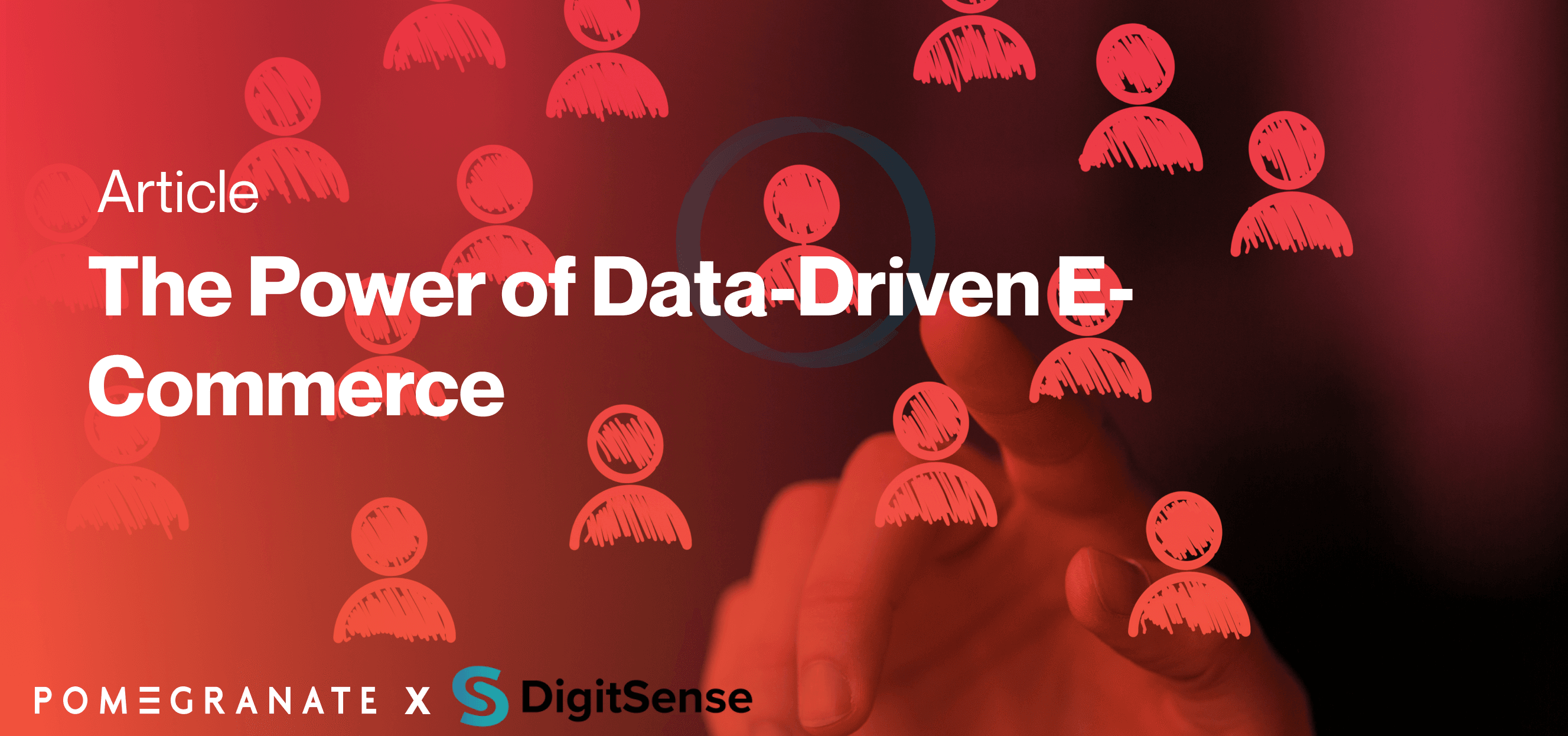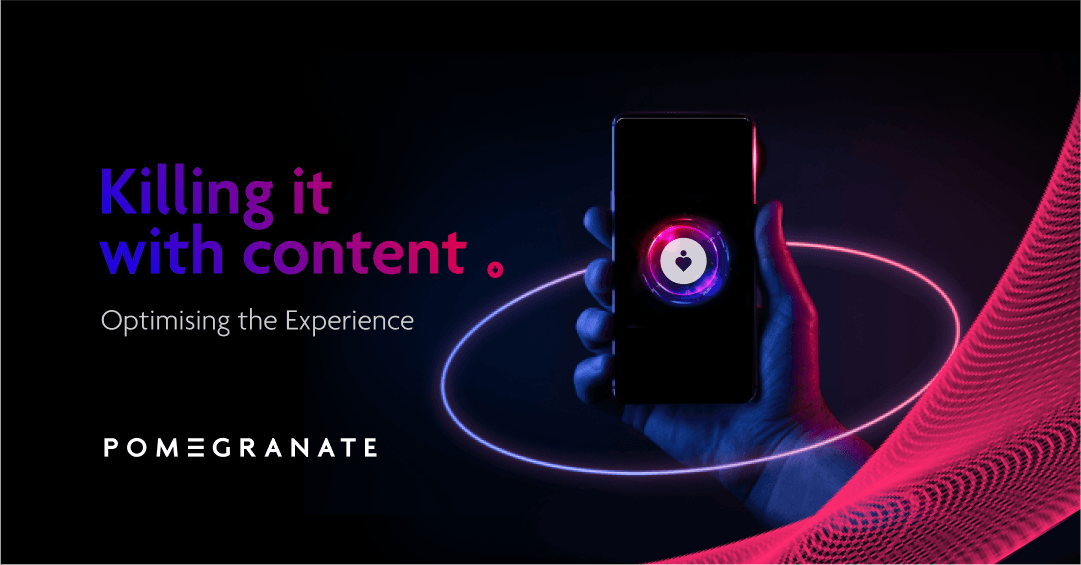Healthcare professionals make hundreds of life-changing decisions every single day, and pharma companies spend around $29 billion annually trying to influence just a fraction of them.
Yet only 28% of physicians would agree they do this successfully¹, and fewer than 20% of HCPs are getting personalized experiences that truly meet their needs².
Let's break down exactly why.
Picture Dr. Martinez in her clinic right now. She's reviewing compelling clinical data for a new cardiovascular medication. The efficacy is clear. The benefits are undeniable. But she won't prescribe it.
Not because she doubts the science but because her trusted colleague quietly switched back to the older treatment after just two months.

This isn't a story about inadequate clinical evidence. It's about the invisible psychological forces that traditional pharmaceutical marketing has ignored for decades, despite it being an essential piece of the puzzle for influencing physicians like Dr. Martinez's purchasing behaviour.
The psychology your marketing pretends doesn't exist
What pharma companies sometimes miss is that physicians, at the end of the day, are still humans navigating the same cognitive shortcuts that make you choose cereal at the grocery store.
However, instead of prioritising understanding their psychological behaviour, pharma marketers still operate as if presenting superior clinical evidence automatically translates to prescription changes.
It doesn't. It never has.
So, how do you influence physicians' purchasing decisions?
First, you need to understand the key cognitive biases that are driving their behaviour:
Status Quo Bias: That familiar medication your up against isn't just clinically proven, it's cognitively comfortable. Physicians display amplified resistance to change when operating in their area of expertise, even when evidence clearly supports switching³.
Implementation Complexity: Physicians make hundreds of life-altering decisions per shift. Your "simple" new dosing regimen? It's another process to learn and implement when they're already overwhelmed.
Cognitive Load: Physicians are often overworked, time poor and mentally depleted. When mental resources are depleted, psychology tells us that people tend to default to familiar patterns. For physicians, this means sticking with what they know rather than evaluating new options.
Availability Heuristic: That recent patient success case from last week can unconsciously outweigh months of statistical evidence when physicians choose between equally effective treatments. This is because vivid, memorable experiences feel more relevant than abstract data.
Social Conformity: Physicians care more about what trusted peers do than any marketing campaign. That colleague down the hall has more influence over prescription decisions than your entire promotional budget.

The companies that understand psychology are winning
Once you come to terms with the type of cognitive biases you can face when marketing , you can identify the psychological behaviours that specifically impact your HCPs and learn how to target physicians.
To get started you should ask key questions about your existing approach:
- Which cognitive biases affect our industry the most?
- Which implementation barriers are likely to prevent behaviour change for our customers?
- What emotional triggers resonate with our different HCP segments?
These questions will begin to help you better market to physicians like Dr. Martinez follow.
For example, once you understand and then map the psychological touchpoints of your audience, you can design interventions that work with human nature instead of against it and influence behaviour changes amongst your audience.
Your next campaign won't be successful because you're selling a better product, it'll succeed because you understand the psychology behind Dr. Martinez's hesitation and decision making.

At the end of the day, if you remember that HCPs are humans first, clinicians second, you're part of the way there.
If you're looking for support, we have worked in the pharma industry for twenty years, building marketing engagement experiences backed by a deep understanding of behavioural science.
References
- Deloitte Switzerland. (2024). "Unlocking the Future of Customer Engagement in Pharma." Deloitte Insights. https://www.deloitte.com/ch/en/Industries/life-sciences-health-care/analysis/unlocking-the-future-of-customer-engagement-in-pharma.html
- Onomi. (2025). "HCP Engagement: Emerging Trends, Success Metrics & Omnichannel Strategies." https://onomi.io/blog/hcp-engagement-emerging-trends-success-metrics-and-omnichannel-strategies/
- Camilleri, A.R., et al. (2021). "Amplification of the status quo bias among physicians making medical decisions." Applied Cognitive Psychology, 35(4). https://onlinelibrary.wiley.com/doi/10.1002/acp.3868





